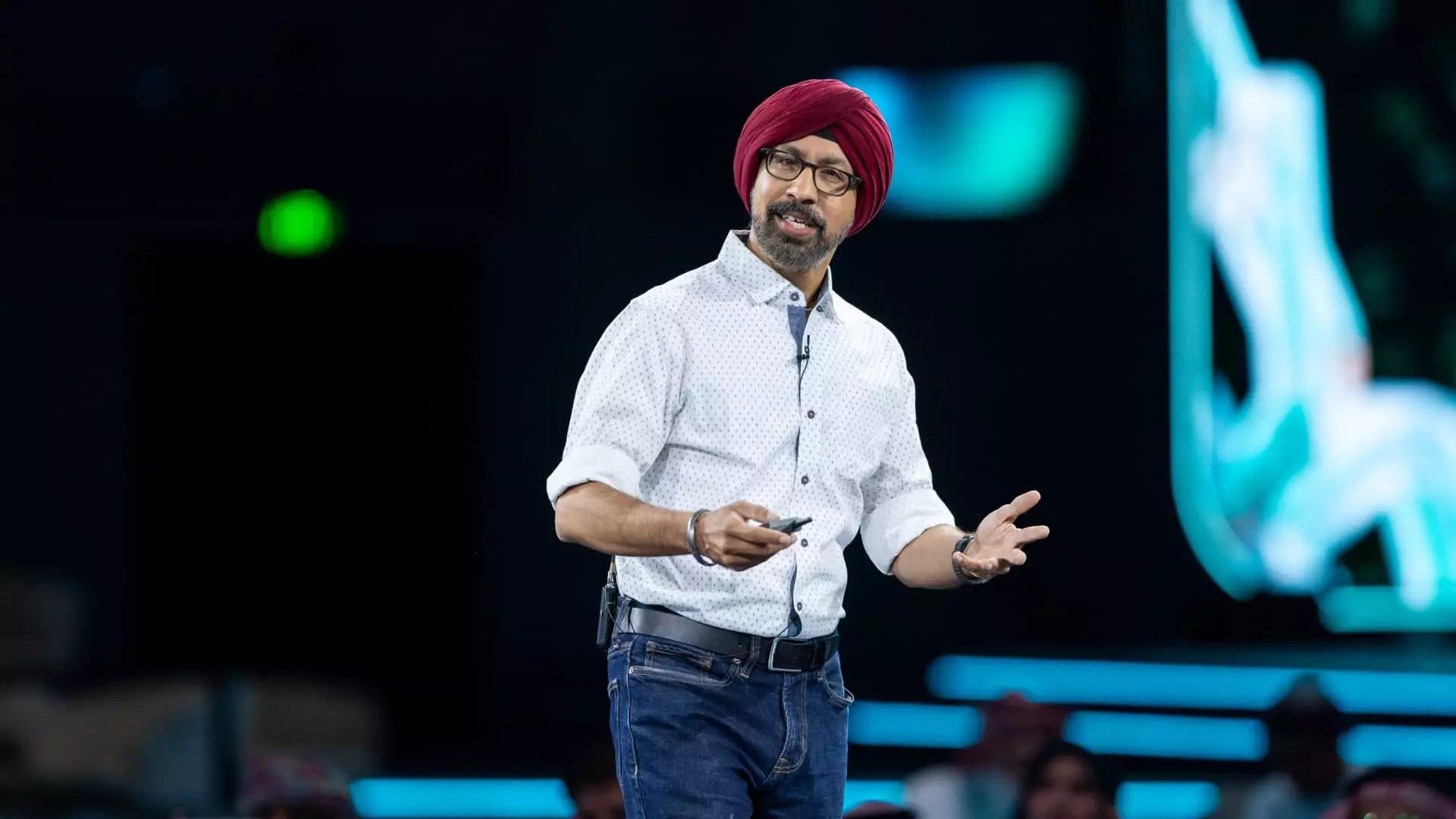In today’s rapidly evolving healthcare landscape, the intersection of technology and medicine is not merely a trend, but a necessity. The emergence of artificial intelligence (AI) has transformed the way healthcare providers manage patient care, documentation, and administrative tasks. One startup that has made significant strides in this realm is Suki, a healthcare AI firm that recently announced a collaboration with Google Cloud. This partnership aims to enhance Suki’s offerings beyond clinical documentation, initiating a new chapter in the integration of AI within healthcare.
Suki’s latest venture with Google Cloud centers around the development of advanced features employing the Vertex AI platform. This innovative technology allows developers to train, deploy, and refine various AI applications. By leveraging Google Cloud’s capabilities, Suki intends to introduce patient summary and Q&A features that promise to revolutionize how clinicians access and interact with patient information. By moving beyond its core product—Suki Assistant, which streamlines clinical note-taking—Suki is positioning itself as a comprehensive assistant for healthcare providers.
Suki Assistant has already gained traction by alleviating the burdens associated with manual documentation during patient visits. However, the company is keen on demonstrating that it is not just a clinical documentation tool. Founder and CEO Punit Soni emphasized this vision, stating, “An assistant can help you with documentation, but it can also start doing other things.” This forward-thinking approach invites a broader understanding of what a healthcare assistant can achieve, suggesting that Suki is poised for further evolution as a multi-functional platform.
The new patient summary feature that Suki is launching aims to dramatically reduce the time clinicians spend gathering patient information. With just one click, doctors will be able to pull essential details such as a patient’s age, chronic conditions, and visit history. This streamlined access could save clinicians valuable time—potentially 15 to 30 minutes—during which they would otherwise be manually sifting through records. In a field where every moment counts, this enhancement could significantly improve the efficiency and effectiveness of patient care.
Additionally, Suki’s Q&A feature intends to further empower doctors by providing immediate answers to specific queries about a patient’s history. Whether it’s retrieving past prescriptions or graphing a patient’s A1C levels over recent months, the platform is designed to facilitate quick, data-driven clinical decision-making. This level of accessibility to patient data is crucial for improving outcomes, promoting timely interventions, and ultimately enhancing patient satisfaction.
Administrative burdens have long plagued healthcare providers in the U.S., contributing to high levels of burnout among physicians and nurses. This rising tide of fatigue and dissatisfaction underscores the importance of integrating intelligent solutions like Suki’s into healthcare systems. The firm’s offerings stand to alleviate some of the administrative headaches that consume precious hours that clinicians could otherwise dedicate to patient care.
Soni noted that the implementation of their advanced features does not come with increased costs for existing customers. This decision signals Suki’s commitment to making its tools accessible, fostering a culture of innovation rather than creating additional financial strain for healthcare providers. The company’s rapid growth—tripling its client base within a year—demonstrates a strong market demand for solutions that effectively merge AI with everyday clinical practices.
As Suki prepares to roll out its new features to a broader audience early next year, it enters a competitive market filled with other technology-driven healthcare solutions. However, the startup’s proactive strategies and innovative capabilities may set it apart from competitors. The AI-driven transformation in healthcare is not just a matter of convenience; it represents a seamless integration of technology that is essential for enhancing patient care quality and operational efficiency.
Suki’s collaboration with Google Cloud marks a significant step toward redefining the healthcare assistant landscape. By expanding its capabilities beyond documentation and allowing for streamlined access to critical patient data, Suki is not just addressing the current needs of healthcare providers—it’s paving the way for a future where technology and medicine work hand in hand. As the industry grapples with higher demands and administrative challenges, solutions like Suki’s could prove invaluable in creating a more sustainable healthcare environment.

